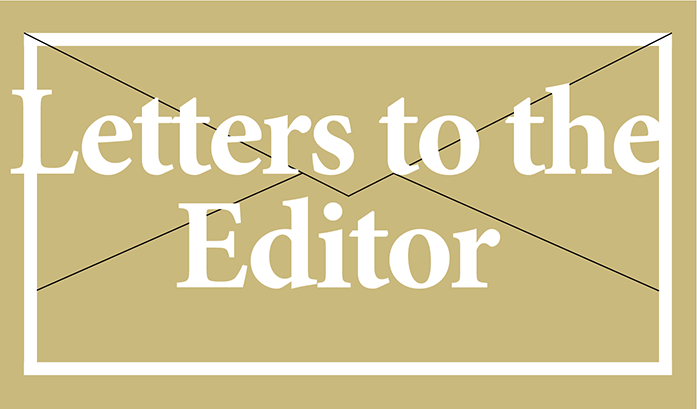Some, not ‘all’
Shame on The Daily Iowan. In the Tuesday, November 17 issue on the front page, there is a blatantly untrue statement. The caption under the photograph reads, in part: “Harreld has not been favored by the (italics are mine) University of Iowa students or faculty. The word “the” is the same as stating “all.” It would be correct to say “some” or “a contingent of” rather than “the.”
A new survey of all students and faculty and staff would likely show that a significant percentage are supportive of our new president and are willing accept his leadership, experience, and unique qualities. We want to move forward.
I have spoken with, and have had feedback, from colleagues who had personal contacts with President Harreld and found this to be a positive experience.
Richard Walton
RE: Supporting France
I’m a recent subscriber to The Daily Iowan. Although I’m a conservative, I read the DI to keep abreast of the liberal slant that the millennials are proclaiming regarding domestic and international issues. While the columns and editorials reflect worldviews that are predominantly left of center, I read them in order to assess the prevailing academic climate.
There are times, however, when issues must be corrected because gross errors that are left unchallenged might inflict great harm by slowly permeating our culture. In this case, C. Cervantes reports an incident that occurred when he was in kindergarten. It was the attack of 9/11. He then drew parallels from it to the recent ISIS attack in Paris.
I read this with interest to see what his perspective might be. He ruined an otherwise enlightening column by injecting an event in this country that did not happen, but if repeated enough, it might appear in forthcoming history books, and by being repeated often, might become believable. He jumped the track into a world of fiction when he reported that “… a wave of anti-Muslim sentiment … spread through America. Muslims were subjects of public bigotry and hate crimes. It turned a time that should have been highlighted by unity into a time period of social persecution that was one good step away from the treatment of Japanese-American citizens during World War II.” This was quoted at length because the error was extensive.
To set the record straight, let me affirm that when 9/11 occurred, I was nearly 60 and had a good grasp of American history. Of this I am sure: While our enemies were Japan, Germany, and Italy, there was no attempt to gather concentrations of American Germans and Italians. Their loyalty was not in question. They were not German-Americans nor Italian-Americans. They were AMERICANS who fought like Americans. In comparison, 9/11 resulted in no similar action. Not even close. Across our country, flags were flown in towns and cities like never before. It was, indeed, a time that was “… highlighted by unity.” Our country was not a nation of bigots but of patriots with resolve and conviction to achieve justice in the face of an enemy that had no national uniform, standing the Geneva Convention on its head.
I was a part of that history, and I know what was in the air at the time. Instead of anger and fear and blind persecution, the air was filled with a comfort in standing together in faith and national unity, and we had little to fear from an enemy within and without. Over these 14 years, we’ve lost much of that unity and resolve, but the principle of it cannot be denied. I encourage Cervantes and others of like negative mind to get their facts straight. We might then, one day, once again, stand united.
Steve Hufferd



